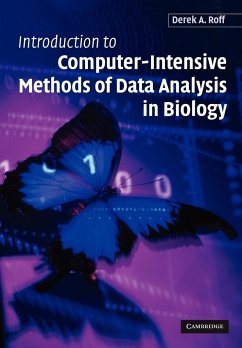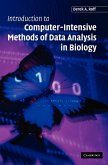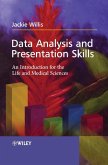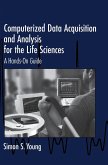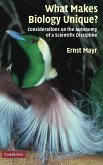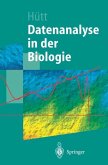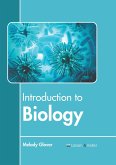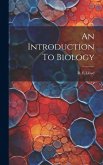This 2006 guide to the contemporary toolbox of methods for data analysis will serve graduate students and researchers across the biological sciences. Modern computational tools, such as Maximum Likelihood, Monte Carlo and Bayesian methods, mean that data analysis no longer depends on elaborate assumptions designed to make analytical approaches tractable. These new 'computer-intensive' methods are currently not consistently available in statistical software packages and often require more detailed instructions. The purpose of this book therefore is to introduce some of the most common of these methods by providing a relatively simple description of the techniques. Examples of their application are provided throughout, using real data taken from a wide range of biological research. A series of software instructions for the statistical software package S-PLUS are provided along with problems and solutions for each chapter.
"The strength of the work is its coverage of contemporary, computer-intensive methods and the detailed templates provided for implementing each one. Many people learn most quickly by working through an example that resembles a problem of their own, and so I think this aspect of the book will be widely appreciated."
N. Thompson Hobbs for Ecology
N. Thompson Hobbs for Ecology

